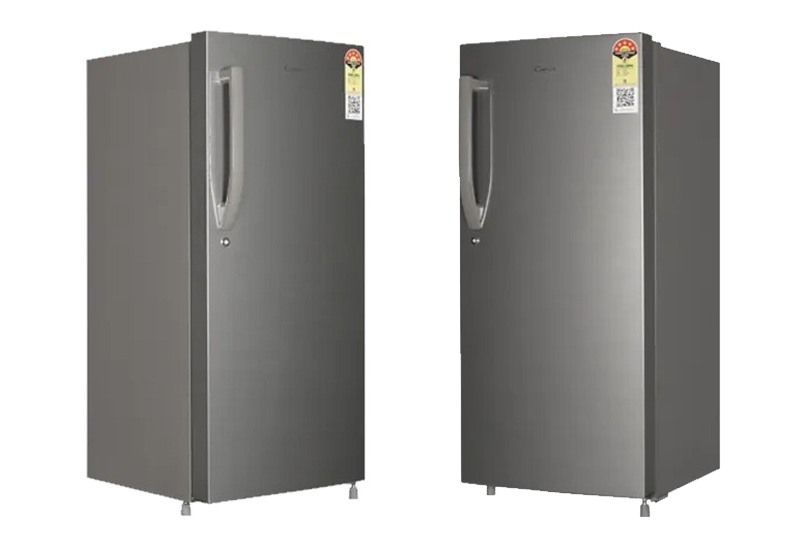Choosing the Right Food Supplement for Women

Finding the right balance in nutrition is essential for women at every stage of life. Whether it’s maintaining energy, supporting hormonal health, or enhancing overall well-being, the role of food supplements has become increasingly significant. However, with an overwhelming number of options available in the market, selecting the appropriate food supplement for women can feel like navigating a maze. It isn’t just about filling nutritional gaps; it’s about understanding one’s unique body requirements and aligning supplements accordingly.
Understanding the Need for Supplements
Women go through several hormonal transitions in life, such as puberty, pregnancy, lactation, and menopause. Each phase demands different nutritional support. Even with a balanced diet, certain vitamins and minerals may still be insufficient due to dietary restrictions, stress, lifestyle, or health conditions. Here is where supplements come in as nutritional allies.
But the question remains: how do you choose the right food supplement for women without falling for marketing gimmicks or overloaded ingredient lists?
Evaluating Personal Health Needs
Before picking any supplement, it’s crucial to evaluate your current health status. Are you constantly fatigued? Do you struggle with hair loss or brittle nails? Are your periods irregular or particularly painful? Do you experience mood swings or lack focus throughout the day? These seemingly minor symptoms could indicate underlying nutrient deficiencies.
A consultation with a healthcare professional and, if necessary, a few blood tests can give insight into what your body might be lacking. Supplements should be personalized—not one-size-fits-all.
The Basics: What Most Women Might Need
While individual needs vary, some nutrients are commonly required in higher amounts by women:
- Iron: Particularly for menstruating women, iron helps prevent anemia and maintains energy levels.
- Calcium and Vitamin D: These support bone health and become more crucial as women age.
- Folic Acid: Especially important for women planning pregnancy, as it aids in fetal development.
- Omega-3 Fatty Acids: Good for heart health and may ease menstrual symptoms.
- Magnesium and B-Vitamins: Helpful in reducing stress and improving sleep.
Whole Food vs. Synthetic Supplements
Another important distinction to make is between whole food-based supplements and synthetic ones. Whole food supplements are derived from concentrated, dehydrated food, and the body often absorbs them better. On the other hand, synthetic supplements might be more potent but can sometimes be harder for the body to process or may contain fillers and additives.
Understanding Labels and Ingredients
The supplement label tells a story—if you know how to read it. Always check for:
- The type and amount of each nutrient
- The form in which the nutrient is present (for instance, calcium citrate is easier to absorb than calcium carbonate)
- Additives, binders, or artificial colors
- Certifications like GMP (Good Manufacturing Practices)
Remember, a longer ingredient list doesn’t always mean better. Often, simplicity and transparency indicate a higher quality product.
Don’t Ignore Your Gut Health
While much attention is placed on vitamins and minerals, gut health is often overlooked. A well-functioning digestive system ensures nutrient absorption. Including probiotics or prebiotic-rich foods in your routine can improve the efficacy of your chosen supplement.
The Role of Lifestyle
Supplements are just that—a supplement to, not a substitute for, a healthy lifestyle. Regular physical activity, stress management, adequate hydration, and a nutrient-rich diet form the backbone of any supplement regimen. No pill can fix chronic sleep deprivation or poor food choices.
How Secondary Supplements Fit In
When looking at additional supplements, protein often enters the conversation, especially for women who lead active lifestyles or find it difficult to meet their protein needs through food alone. Incorporating a high-quality protein powder for women can support muscle recovery, aid in weight management, and improve hair and skin health. However, it’s essential to see this as complementary to the main supplements you require, not a replacement.
Age-Specific Considerations
- Teenagers: Calcium, Vitamin D, and iron are critical to support growth and menstruation.
- 20s and 30s: Folic acid becomes crucial, along with B-complex vitamins to manage energy and stress.
- 40s and Beyond: Focus shifts to bone density support, hormonal balance, and heart health.
Each decade brings subtle changes in body function and nutritional needs, so it’s important to adjust supplement intake accordingly.
Risks of Over-Supplementation
More is not always better. Over-supplementation can lead to toxicity or interact negatively with medications. For example, too much iron can cause constipation or even organ damage. Similarly, fat-soluble vitamins like A, D, E, and K can accumulate in the body if taken in excess.
This is why self-prescribing based on online reviews or trending products may not be the safest route. Stick to the recommended daily allowance (RDA) unless advised otherwise by a healthcare professional.
Track and Reassess Regularly
Once you begin a supplement regimen, monitor how your body responds. Any new symptom—positive or negative—should be noted. Consider reassessing your needs every 6 to 12 months, especially if your lifestyle or health conditions change.
Final Thoughts
Choosing the right food supplement for women isn’t just about grabbing the most popular product off the shelf. It’s a thoughtful process that begins with understanding your body, evaluating your needs, and choosing supplements that align with your health goals.
While products like protein powder for women may offer additional benefits, the foundation of any supplement plan should be based on individual needs and a balanced lifestyle. When used wisely, supplements can empower women to feel their best, at every stage of life.

 English
English 



